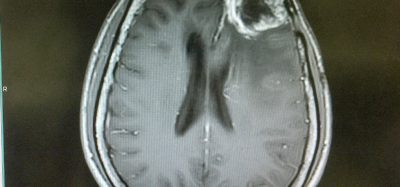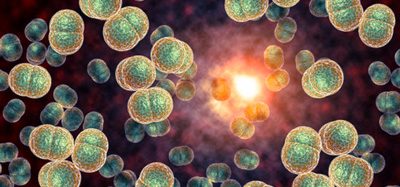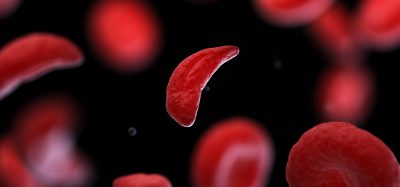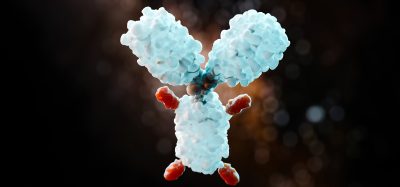Studying the epigenetic profile of beta cells in insulinoma
Posted: 3 July 2024 | Drug Target Review | No comments yet
Researchers found that tumour beta cells lose their repression marks and express elevated levels of oncogenes.
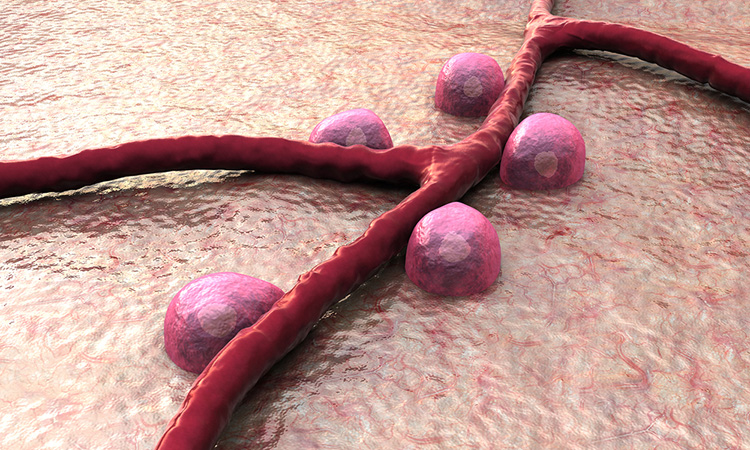

Researchers at Pompeu Fabra University have conducted an experimental study to investigate the mechanism through which insulinomas affect pancreatic beta cells. The findings suggest that the accumulation of rare mutations result in a homogeneous alteration in the epigenetic profile of the beta cells.
Insulinomas are rare pancreatic neuroendocrine tumours, with four people out of a million being diagnosed each year. Insulinomas involve the excessive growth of beta cells, which are responsible for secreting insulin. As this can lead to hypoglycaemia, they are frequently diagnosed because of this. Only one in ten insulinomas are malignant, and if they are found early and surgically removed, they have a favourable prognosis.
The new research details a mechanism whereby beta cells transform to a neoplastic phenotype. Dr Mireia Ramos, co-first author of the study, stated: “This is the accumulation of rare mutations that converge in a change in the epigenetic profile of beta cells.”
Analysis of 42 insulinomas showed that the mutations vary and that most accumulate in regulatory regions of the genome. Dr Lorenzo Pasquali, director of the UPF Endocrine Regulatory Genomics Group, commented: “The uniqueness of insulinomas is that all of them, regardless of the mutations they have, end up acquiring the same epigenetic profile.”
The epigenetic profile causes tumour beta cells to lose their repression marks which causes them to express unusually elevated levels of oncogenes, growth and transcription factors, as well as genes associated with insulin production. Furthermore, pancreatic beta cells are also connected to other conditions like diabetes mellitus. Therefore, Dr Pasquali explained: “we are especially interested in understanding how these cells lose control, upset the expression of the genes that made them function normally and end up altering insulin secretion.”
Currently, the researchers are working to better understand the mechanism behind excess beta cell growth. This could have significant therapeutic implications in the treatment of other diseases in which beta cells are changed.
This study was published in Cell Genomics.
Related topics
Drug Targets, Epigenetics, Oncology
Related conditions
Insulinoma
Related organisations
Pompeu Fabra University




